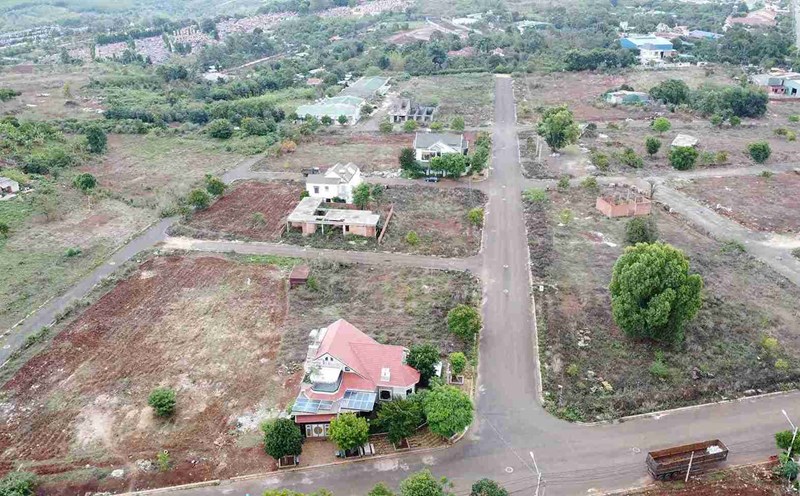According to RT's sources, the European Union (EU) is said to be reviewing the legal status of Ukrainian refugees living in member states. Discussions on the possibility of withdrawing from the Temporary Protection Directive (TPD) may begin as early as June.
The TPD was issued in 2001, allowing refugees to receive residence permits, accommodation, working rights, education, health care, financial subsidies and social services. In 2022, Brussels called on members to apply the directive to Ukrainians soon after the conflict with Russia escalated.
The program was originally scheduled to end in March 2025, but has recently been extended by 1 year, to March 2026.
Although most EU member states still support the program, legal experts warn that the further extension could exceed the original purpose of the directive.
Martin Wagner, senior policy adviser at the International Migration Policy Development Center, warned that the EU is no different from stepping on a thin layer of ice after the recent extension decision.
According to Mr. Wagner, TPD has never been designed as a long-term solution, so organizing discussions to provide alternatives and ways out of the temporary situation is really necessary.
Mr. Wagner said that the number of people enjoying the rights under the directive is currently many times higher than the normal handling capacity of countries, calling the current situation a "huge burden".
An unnamed EU diplomat said discussions on an exit strategy are underway. This issue is expected to be the focus of the EU Justice and Home Affairs Council on June 12-13.
Another diplomat warned that the EU risks overloading the member country's asylum system.
According to RT, the debate comes as EU countries face many difficulties in managing the wave of Ukrainian refugees.
Eurostat data shows that as of March 2025, the number of Ukrainians granted temporary protection in the EU has exceeded 4.3 million.
Although Brussels insists the support needs to continue, some governments are reconsidering how much support they can provide. Germany - which currently receives more than 1.2 million Ukrainians - has begun cutting benefits amid concerns about sustainability. Meanwhile, Poland opposes receiving more migrants under the new migration treaty proposed by the EU.









